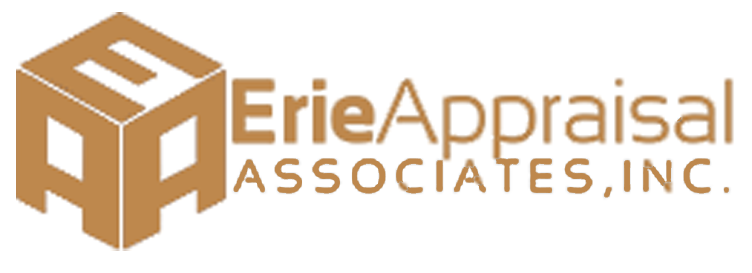Land Disputes with Neighbors
If you need to consult with an attorney on land disputes with neighbors, please contact the Erie County Bar Association's Lawyer Referral & Information Service.
One of the most common neighborhood disputes regarding real estate involves so-called party driveways, sometimes called common driveways. With a party driveway, the boundary line between the two neighbors runs lengthwise down the middle of the driveway. Each neighbor, therefore, owns one-half of the driveway. Each neighbor, however, has an easement or right to use the half of the driveway that the other neighbor owns. With that in mind, each neighbor’s ownership of their share of the driveway is subject to the fact that they must share the use of their side of the driveway with the neighbor. While both neighbors have an equal right to use the driveway to access their own garage or backyard, neither neighbor can stop the other from using the driveway (by parking in it, for example). Unless there exists an agreement to the contrary, the cost of maintaining and taking care of the driveway is equally shared by the neighbors. Finally, as a general rule, party driveways will both bind and benefit later owners of both properties.
Another neighborhood dispute often involves a house, garage, fence, etc., found to be located on the property of the next door neighbor. This is called an “encroachment”. As a general rule, one neighbor may demand that a fence or even a building be moved if it encroaches on one's property. However, under a legal doctrine known as adverse possession, if a building or fence is in existence for a period of time (generally 21 years), that building or fence and the land within it may be subject to a claim of ownership and the encroaching structure's owner. This is called ownership by “adverse possession”. While other conditions in additions to the passage of time must be met to successfully prove adverse possession, it can result in an individual actually owning the real estate he has illegally trespassed upon at the expense of his neighbor who had legally purchased it.
Information is current as of 2/2018.




